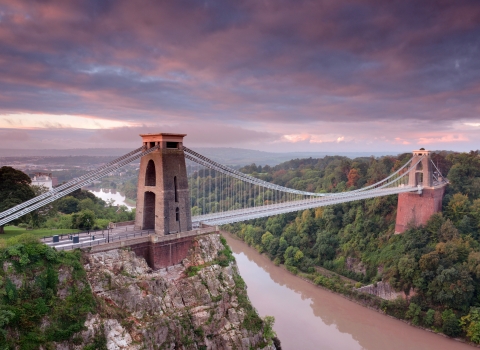Animals, birds and insects are all suffering at the moment, due to the loss of natural green spaces which are so important for both people and wildlife. We have heard from lots of people during the coronavirus lockdown, who have told us how spending time in nature has really helped their health and wellbeing during a difficult time. But this is just one way that wildlife helps us as a society.
When natural systems are working well, everyone benefits from clean air, clear water, healthy soils, food crops and natural flood defences. When systems break down wildlife and people suffer, yet human behaviour is the main cause of the current ecological emergency. Climate change, pollution and development pressure – which will see over 100,000 new homes built locally by 2036 – all challenge wildlife that is constantly looking for food, shelter and enough habitat to move around. In just the last 25 years we have lost a staggering 96% of swifts and starlings from our skies, and much-loved hedgehogs and butterflies are also suffering.
Bristol is by no means the only place where nature is struggling to keep its foothold though. Across the UK, 41% of wildlife species are currently in decline and 15% are at risk of national extinction. Bristol is the first UK city to declare an ecological emergency, but we hope that it will inspire lots of other places to take positive action to reverse wildlife declines. Locally we see it as the first step towards securing city-wide strategies that will increase public awareness and restore wild places in every neighbourhood.
The good news is that it is not too late to help nature recover – and you can make a real difference, wherever you live.
At Avon Wildlife Trust we have grand ambitions in Bristol, we want to connect local green spaces, reinstate parks as wildlife havens, make road verges and roundabouts wilder, and ensure that everyone has access to quality green space. We are already leading several high profile projects in the city – like our Grow Wilder hub in Stapleton which is teaching people how to look after green spaces for nature; our B-Lines project which is creating new habitats for pollinating insects around the city’s fringes; and you may have already read about our My Wild City project, which is working with volunteers to transform eight of Bristol’s local wildlife sites.
You can support efforts by visiting our Wildlife Actions page to find out how to manage your garden, window box or outdoor space supportively for wildlife. To make a positive change you could also help to manage a local green space, contact your MP or Councillor, or use more locally grown or eco-friendly produce and products.
We've now created our Ecological Emergency Strategy - help accelerate the pace of change today by donating to our appeal. Your support will help us create more ponds, meadows, woodlands and habitat mosaics for our wonderful wildlife, and secure commitments from planners, businesses, organisations, community groups and residents to help nature thrive. Together we can help local wildlife to fight back against this emergency.


